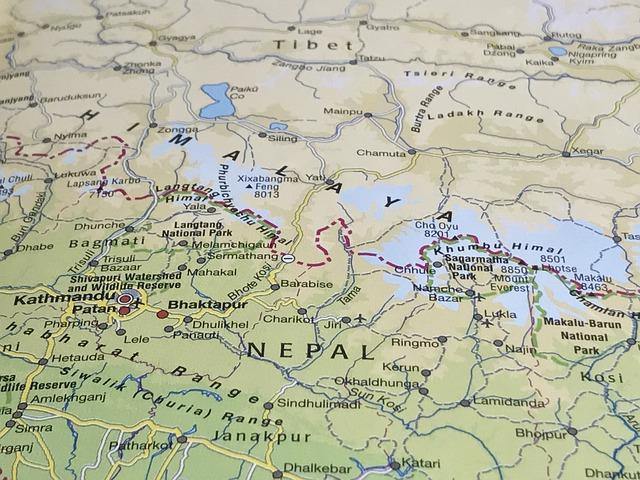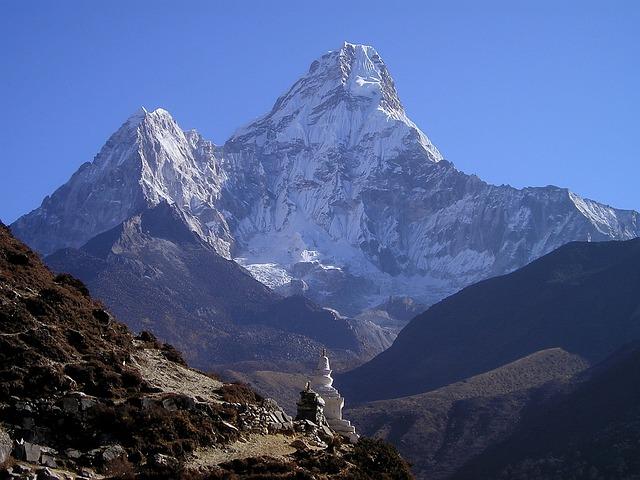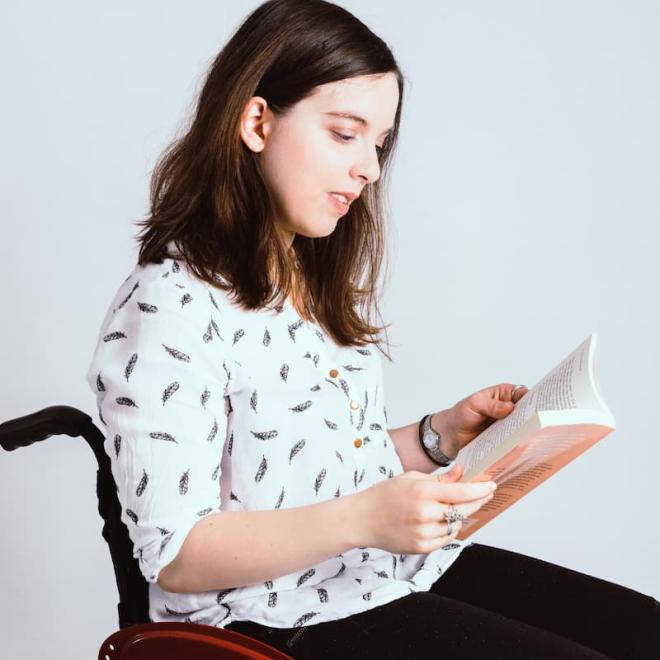
My Everest: A Film Review
At the suggestion of a friend, I sat down and watched ‘My Everest’ this week. All I knew going in was the film followed a man with Cerebral Palsy who had decided to climb Mount Everest. Naturally I was intrigued. The documentary is a mixture of fly-on-the-wall footage of the climb up Everest and spliced interviews from a few years later.
Meet our protagonist Max Stainton, a corporate whiz who lives in London with his partner, Candy. Right from the word go Max is determined to defy the odds. He makes it clear he wants to be seen as more than just his disability.
Eloquently put by a family member;
“there are no barriers with Max. Only Horizons.”
I will always advocate for more disability representation within media. However, each project I watch that tackles disability makes me nervous. I find myself asking, will this come across as genuine? Or will it just be an inspiration piece for the abled-bodied community.
As the documentary progressed it became clear to me that it straddled the line. Whilst I found Max’s journey up Everest fascinating – he decided to ride a donkey! – his motivations never sat right with me.
Underneath all the sentiment of wanting to “break out of his box,” I couldn’t help but pick up on Max’s internalised ableism. In fact, he even says, “you can be the smartest guy in the room. But there’s a machoness linked with physical achievement.”
At this point I’d like to highlight that Max is working as a financial analyst in Central London. He lives an independent lifestyle with his partner and has an amazing support network. For me, as a fellow Cerebral Palsy compatriot, he’s hit the big time. As far as I’m concerned, he’s played the game and won. He’s come up against every expectation and smashed it with wit and intelligence.

And yet he still doesn’t think it’s enough. He still pushes for more. Which leads him to ride up Mount Everest under the guise of raising money for ‘Riding for the Disabled Association’ or RDA. During the two-week journey, Max is accompanied by partner Candy and nearly twenty others, all there to physically support him.
It’s clear from the footage that Max and several other members of the party are really struggling. Though Max enjoys the physical benefits of horse riding, the trek causes him excruciating pain. On the second day of the actual trek max gets thrown off the mountain donkey he’s riding and is kicked four times.
At which point I think, surely he won’t keep going?
But he does, and he makes it to the Mount Everest base camp. Whilst I was genuinely impressed by the feat, I found myself asking what had it cost him?
The documentary cuts to several clips of Max doing interviews when he’s back home. He’s heralded as the ‘first disabled man to ride up Everest’. The interviews, which I’ve watched separately, focus on his bravery and determination, utilizing the inspiration lens that makes me squirm. Max say’s he did it all to prove a point and to raise money for the RDA.
Then fade to black and fade in footage from Max and Candy’s wedding. A second fade in reveals that the two also have a baby. It’s been about five years since Max, his wife and friends trekked the 18,000ft up Everest.
The interview’s tone shifts from determined and foolhardy, to reflective and almost mournful. It’s clear that between the climb and the interviews, Max has done a lot of soul searching. He says that he and Candy rarely talk about Everest. That he can’t look back at the footage of his climb without seeing his pain and fear.
He laments that being kicked by the horse has made him worse. That he couldn’t climb Everest now, even if he wanted to. That he regrets his need to prove his “manliness” because it caused him and Candy unimaginable pain.
The documentary finishes with a prolonged shot of the family of three, a voiceover from Max declaring that he’s found his next Everest.
It’s here that I became inspired by Max. As someone who’s doing a lot to deconstruct their own internalised ableism, I recognise how hard it is to admit I’ve made an error in judgement. That trying to hold myself to an able-bodied standard is just unrealistic.
It’s then I realise that the documentary wasn’t made to be an inspiration piece, although that was one of the outcomes. It’s a cautionary tale. A warning to those of us determined to prove our worth. That in fact, we don’t have to prove anything. That hubris under the guise of determination can become an Achilles heel. It’s certainly mine.
I highly recommend giving ‘My Everest’ a watch. I think it’s a brilliant example of what can happen when you push yourself for the wrong reasons. It reinforces the message that the disabled community doesn’t need to prove anything, least of all to ourselves. Finally, it showcases that, for us, anything can be Mount Everest.

About the Author:
I'm Lauren. I'm a member of Active8 and a professional writer. I hope to use my first-hand experience with disability to empower others and spread awareness. You can follow my work on my website.
The small print made big
The Active8 blog is designed as a platform for our members and the disabled community to share their personal experiences and discussions which they are passionate about. Any views and opinions expressed are those of the writer and do not necessarily reflect the views of our charity.
To the best of our knowledge, the information in blog posts was accurate at the time of publication. Please contact the Active8 manager if you believe any content is incorrect or if you consider any content to be offensive or inappropriate: [email protected]
Where information in blogs has been taken from third party sources, every attempt has been made to give appropriate credit.
From time to time, writers may receive sponsorship, cash payment, free products, services and/or other forms of compensation from companies and organisations that they promote. Active8 will accept no form of payment for blog content or advertising.
Unless otherwise stated, our blogs (and any links they may contain) are not written or reviewed by medical professionals and do not provide health/lifestyle advice. They are not suitable for medical advice, diagnosis, or treatment. Any suggestions these blogs contain are based on the writer’s personal experience. Should you have any concerns about your health (including mental health) then we advise you should speak with your GP or consultant, in the first instance, or call 999 in an emergency.







